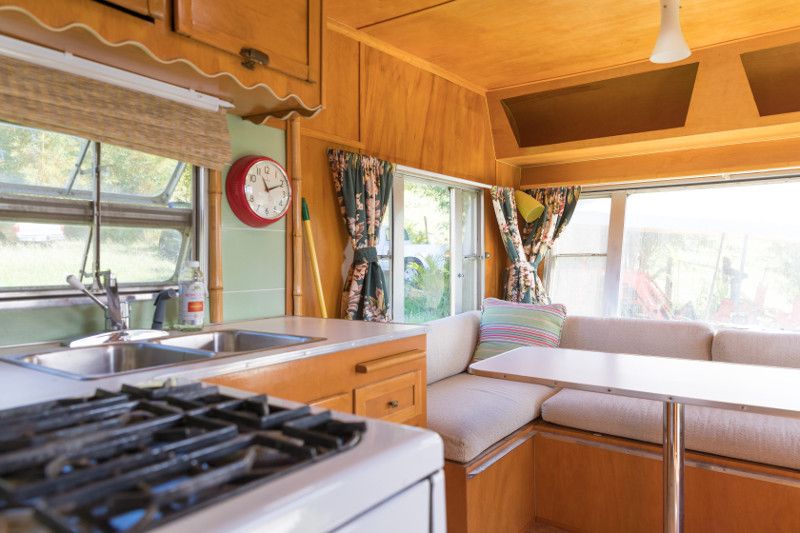Building a home is a complex process that starts with having a contractor draw plans and pull permits to build a home. Each stage is inspected, and the inspector will close out the permits at the end of the build. On the Big Island, some people don’t pull any permits and build anyway. So far, the county hasn’t cracked down on this practice, and people can still sell unpermitted homes. The county says they have little or no value because they don’t have permits, and the home normally won’t appraise. This makes it difficult to get a loan (unless you get creative and use a second mortgage on your existing home or something similar). These homes are usually sold for cash and are usually “as is.” This often makes them cheaper than a permitted legal home.
If the home had permits pulled at the beginning and they were never inspected or closed, sometimes you can pick up where the builder left off and have the county come in and close the permits. They will need to cut holes in the wall where they can inspect electric and plumbing, but at the end, your home will be worth more. For example, the first home we bought had an open permit on the sunroom. We called in the county, they signed off on it for $25, and now we have an extra 300 square feet of value added to the home.

A home with open owner/builder permits is a bigger hurdle yet. This is a loophole for a builder to build their own home and skip the general contractor fees. The county allows this, but the rules state that the builder must live in the home for a designated amount of time upon completion before selling. In this case, he obviously hasn’t completed that part of the deal as the permits haven’t been closed. Technically, the county could make you start the permit process from scratch and if things don’t pass, it can become quite a mess. This can affect you when you when you try to make a temporary power situation permanent. They can remove the power, and you would either have to comply and make things right or use solar.
Upon seeing a home online that looks to be totally underpriced, make sure you look on the county website to make sure the permits are complete. If you don’t, you may end up paying for the home inspection and appraisal before realizing the home doesn’t qualify for a loan and you will be out that money. If you have questions, your Realtor should be able to help guide you. If the home looks solid and you aren’t concerned with permits, you can buy the home and work on making it legal. Closing the permits will give the home greater value and you can rest easy knowing the extra work you put into your Hawaii home will pay off in the future. Aloha!

Kenneth Finch
November 29, 2017
I’ve always been amazed by people who don’t pull permits just to save a couple of bucks when in the long run it will cost them more in both time and money. The permitting process is there for several reasons but the primary one is to protect consumers. If your contractor says a project will be cheaper if you don’t get a permit, get a different contractor.
David
October 15, 2019
I bought an unpermitted home in Puna. A year later I was contacted by the building code enforcement officer and was told the house had been reported and there was a per day fine being levied. They were nice and gave me 2 weeks to remove all plumbing, refrigerator, stove, electric plugs, gas pipes, a 10×30 lanai, and close off the detached bathroom. I complied quickly as the per day fine was 100 dollars. I basically bought a shed. Don’t buy an unpermitted home. Run!
Nancy Carlyle
March 18, 2022
Any bit of advice is useful. The Hawaii real estate laws are very different from where we live now. There is a lot of complexity to relocating but the goal is to live out the rest of our lives on Big Island. Thank you Ron. Nancy